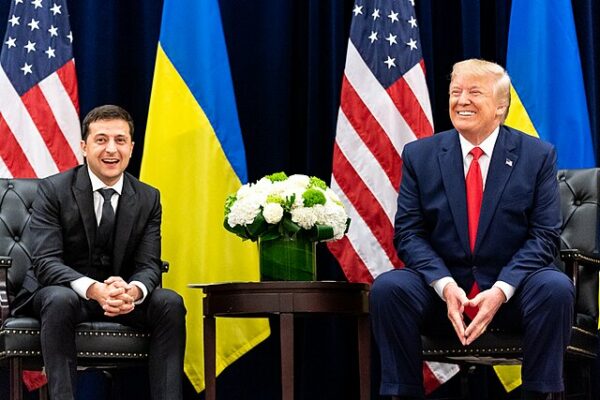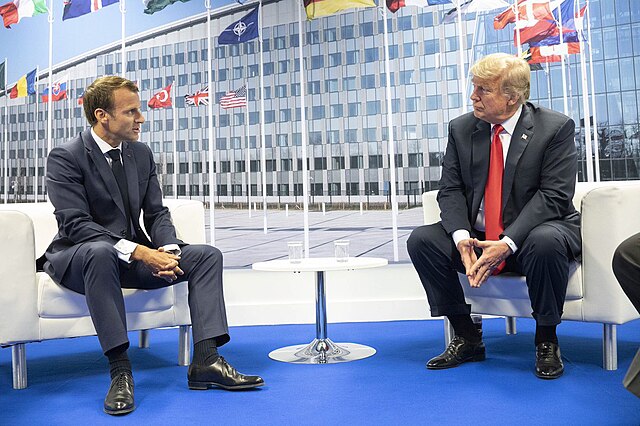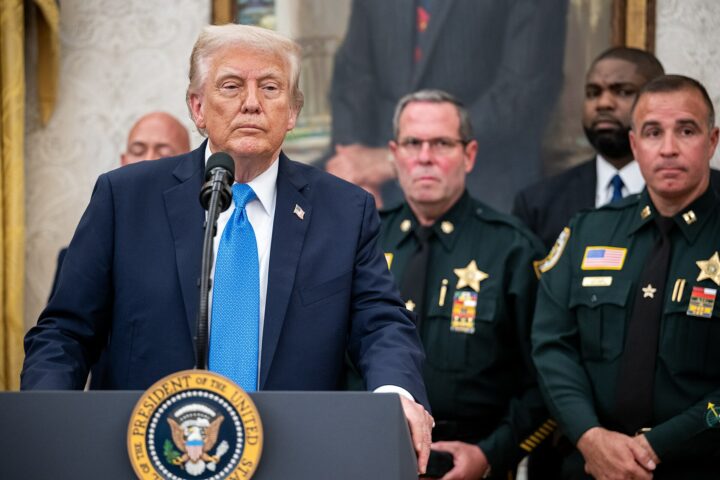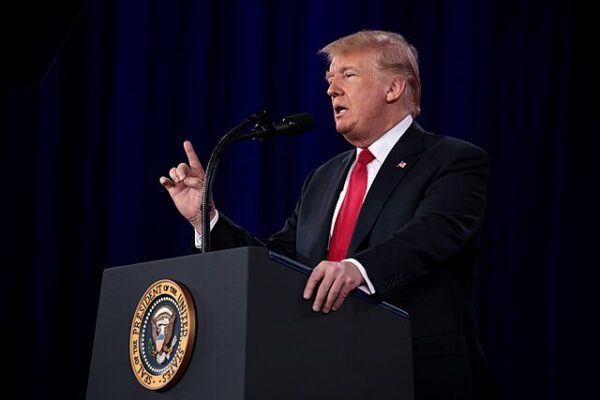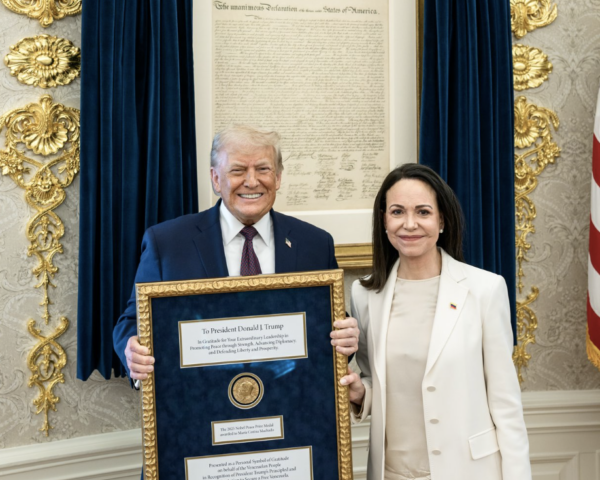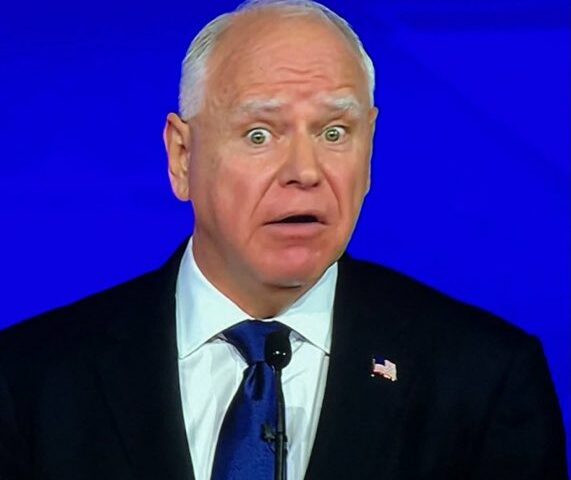Tensions are rising between the United States and its European allies as they clash over how far to escalate economic measures against Russia amid its war in Ukraine. President Donald Trump has tied any new American penalties on Moscow to allied commitments for deeper energy cuts and broader trade restrictions, forcing European leaders to scramble for unity.
The disagreement underscores the European Union’s struggle to keep its 27 members aligned, especially after Washington halted direct military support to Kyiv earlier this year, writes The Wall Street Journal. Previous waves of sanctions have failed to fully disrupt Russia’s war machine, leaving leaders on both sides of the Atlantic under pressure to craft stronger responses despite economic entanglements and political divisions.
In recent talks, Trump pressed European counterparts to accelerate the phase-out of Russian energy imports and to impose steep tariffs on key buyers like China and India. He views these steps as prerequisites for Washington to introduce harsher measures, including further restrictions on Russia’s financial networks. After a Tuesday conversation with Trump, European Commission President Ursula von der Leyen announced plans for new sanctions aimed at Russia’s banks, cryptocurrency operations, and energy exports. “The new sanctions proposal would hit Russia’s banking sector with extra restrictions, and punish its crypto markets and energy sector,” von der Leyen said.
Trump has also pushed for the use of roughly $300 billion in frozen Russian sovereign assets held mainly by the Belgian clearinghouse Euroclear. So far, only the interest on these bonds has been tapped for Ukraine’s defense. Officials say discussions are moving toward using the principal through EU-backed loans that Kyiv could repay if Russia fails to pay reparations. One idea frames the funds as a “free and unlimited subscription for armaments,” an official close to the talks said. Moscow has warned of retaliation, including seizing Western business holdings inside Russia, if such plans go forward. The White House has not commented on these private discussions.
Europe faces obstacles in meeting Trump’s demands. EU diplomats postponed a planned sanctions round this week to refine its scope. While the bloc has slashed Russian gas imports and imposed wide-ranging restrictions, enforcement remains uneven, and some states still depend on Moscow’s supplies. In 2024, EU countries imported about $27 billion in Russian energy, with liquefied natural gas purchases rising despite overall declines. Germany, France, and Italy remain linked by pipeline and trade flows, complicating efforts at a full embargo. Von der Leyen has pledged to accelerate the bloc’s 2027 deadline to end all Russian fossil fuel imports, but landlocked states like Hungary and Slovakia are poised to resist. Hungarian leader Viktor Orban’s rapport with Trump could play a role in those talks.
With Russian forces continuing their strikes—including a recent missile attack in Sumy that damaged infrastructure—the urgency for coordinated action is growing.

